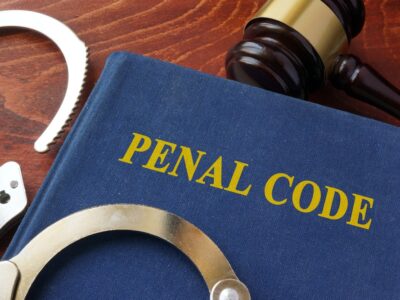
Irrespective of your net worth and properties, it is a must to have an estate plan. An estate plan lets you reduce your taxes and other repercussions for your heirs. Estate planning agreements can help you prepare for old age, prevent a drawn-out probate procedure, and select a guardian for your children. It simplifies things when you cannot handle your assets and affairs independently.
What Is Meant By Estate Planning?
Estate planning comprises a variety of activities. Most of an estate plan includes writing a will and submitting it. In a nutshell, it is selecting what will happen to your belongings after your demise. It is a difficult but necessary step in life.
It is essential as it is your last opportunity to share your interests and wills. The planning will let your loved ones know who will get what after your demise. As you will not be present to speak and narrate your will so must put your wishes in writing as soon as possible. Otherwise, your survivors can be entangled in a legal battle when they are in grief. Do not let your demise cause a family to become estranged; make the will and prepare the plan in advance. As life is inevident, anything can happen in the very next moment.
Should I Go For An Estate Planning Attorney?
It depends on whom you want to share your assets, property, and belongings. You have the full right to decide who receives what. But, by doing so, make sure that everything happens under the law. A law must be executed in a specific way when writing your will. A lawyer specializing in estate plans can assist you in organizing for that and possibly even defend your will after your demise. Planning out a sophisticated succession can take some time, but having a lawyer will make the process easier. They can also help you reduce estate tax planning so that you can pass along as much of your estate to your chosen heirs while keeping it as tax-free as feasible.
What Do You Think About Estate Planning?
Estate Plan Is Crucial Whether You Have A Small Or Large Estate Since It Can:
Safeguard Your Asset: Without prior planning, the government will pass on your asset as per their wish and will, which might not follow your preferences. It is crucial to organize their allocation to make sure that the right beneficiaries of your estate receive the assets.
Protects The Beneficiaries: It can assist in ensuring that beneficiaries are shielded from creditors and legal action because estates might occasionally contain debt. You can rest easy knowing that your children if you have any, will be taken care of according to your wishes, thanks to an estate plan.
Aids In Your Time And Expenses: When a person dies without preparing a will, an estate plan will help cut short the expenses and time. As with no will, the government and state law takes authority over your assets and decides who gets what. The probate court will receive the case. Everything is on pause until the court evaluates your estate, applies state laws, settles debts, and divides your assets.
It Lowers Your Tax: Several taxes are taken in when distributing an estate to the chosen recipients. Estate tax planning occurs before even allocating estates. You can be required to pay both estate and inheritance taxes, depending on the jurisdiction in which you live. There are ways to transfer property ownership without giving the federal or state governments a sizable portion in the tax form.
Checklist Of Estate Planning
Some Of The Essential Legal Documents Included In The Estate Plan Are:
Trusts And Wills: Trusts are formal agreements that regulate how assets are managed and transferred, both during life and after death. The creation of trusts can lower the taxes assessed on an estate if properly managed. By establishing a trust, you appoint a trustee who will look after your assets to benefit your heirs. You can serve as your own trust’s trustee while you are still alive. You can then designate a substitute trustee to manage the trust in your place.
Beneficiary Designations: Beneficiary designations allow for the direct transfer of assets to certain people even if the will is not present. It will occur when you open an account or take a life insurance policy and, at that time, ask to write the beneficiary’s name after your demise.
Statement Of Intent: You can add a personal touch to the legal records of your estate plan with a letter of intent. It can give your executor and heirs more information about your desires concerning particular assets, even though it is not legally binding.













